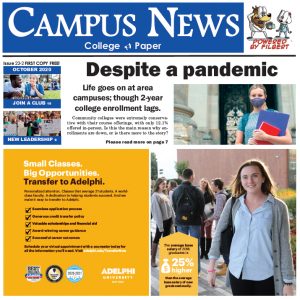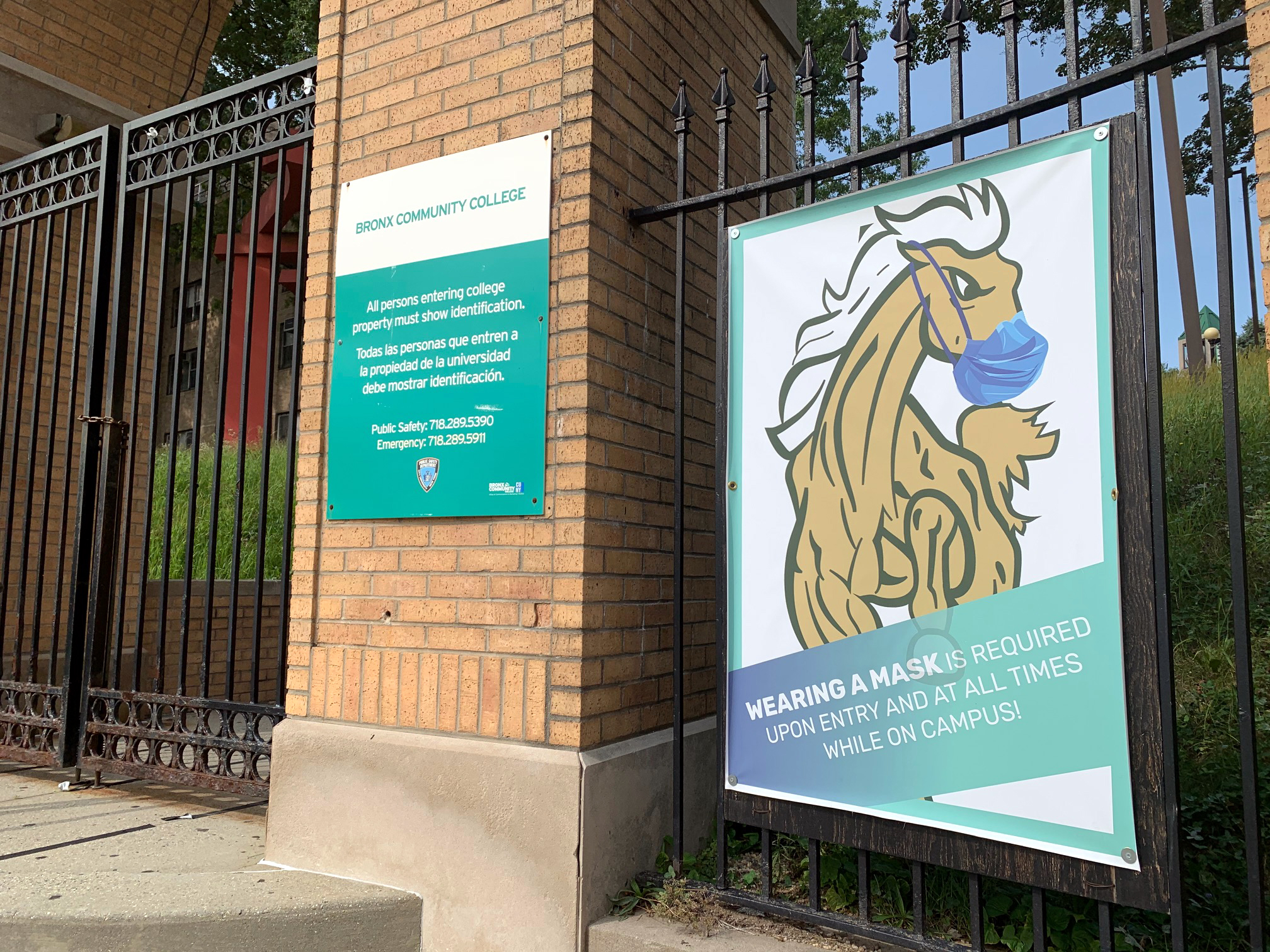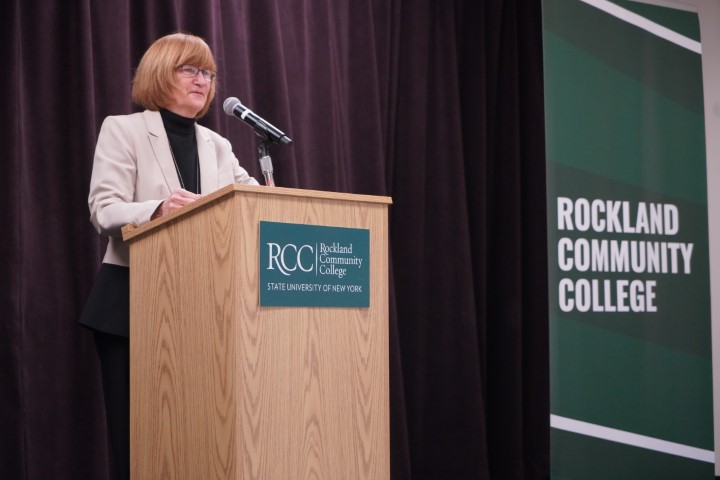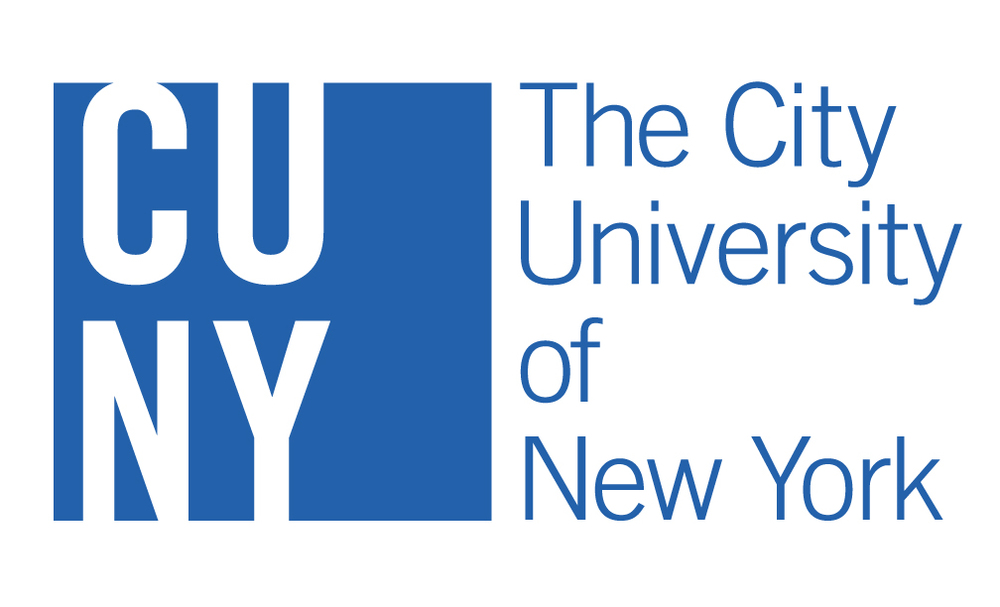The City University of New York is expanding its mental health services at a time when increasing numbers of students at CUNY and across the country are struggling with the effects of the COVID-19 pandemic. The $5 million expansion, supported with funds allocated to the University through the federal CARES Act, will allow CUNY colleges to reach more students with face-to-face online counseling and other remote wellness services as they continue to pursue their degrees at a distance from their professors, classmates and campuses.
CUNY’s 18 senior and community college campuses will receive allocations that they can use to expand the clinical staffs of their health and wellness centers and increase their capacity to provide counseling and other services using distance technology. Some of the money will also be used to train and certify 120 campus clinical counselors in providing “teletherapy” services and to purchase new technology that will make it easier for students to access the mental health support services they might need while the University’s classes remain almost entirely online.

“Many CUNY students face significant burdens that affect their mental health and, consequently, their academic success. The pandemic has only exacerbated these challenges,” said Chancellor Félix V. Matos Rodríguez. “We are committed to expanding and strengthening the mental health services available to our students during this uncertain and isolating time. The allocations will enable our campuses to add mental wellness clinicians, use new digital tools and expand the reach of the services they provide.”
CUNY received $250 million from the federal CARES Act earlier this year, with nearly half disbursed directly to 192,000 students so far. The balance has been reserved for allocation to the campuses for a range of student supports, COVID-related costs and investments in online infrastructure and training, including the $5 million for health and wellness services.
Prior to the onset of the COVID-19 crisis, CUNY had begun developing a multi-faceted plan to expand campus mental health services. The initiative grew out of surveys of student wellness by Healthy CUNY, a University-wide initiative that seeks to remove health-related barriers to educational achievement. The findings quantified the significance of mental health concerns among CUNY students.
The pandemic impacted the prevalence of depression, anxiety and other mental health issues among college students, which were already found to have doubled over the course of the past decade. Growing evidence has shown that students who struggle with such disorders have lower grades, take longer to earn their degrees and drop out at higher rates.
According to the Healthy CUNY COVID-19 student survey conducted during the height of the pandemic’s first wave last spring, 40 percent of the CUNY student-respondents reported feeling nervous, anxious or on edge during more than half of the days in the two weeks prior to the survey. At least one-third of the students who responded said that in more than half the days during the same period, they felt little pleasure or interest in doing things; felt down, depressed or helpless; or were unable to stop worrying.
In the 2018 Healthy CUNY Student Survey, fewer than half as many students reported any of these feelings on more than half the days in the two weeks preceding the survey. This suggests that rates of these negative feelings among CUNY students have more than doubled, likely due to the current epidemic, an alarming increase given the association of such feelings with adverse educational and health outcomes.
CUNY is allocating about $278,000 to each of its senior and community colleges to bolster their student mental health and wellness services during the pandemic and beyond. They will have options including hiring new staff, providing professional development to current staff and using a variety of new digital platforms.

The University estimates that 25 percent of CUNY students currently use counseling center services and the planned technological resources upgrades will increase the reach, allowing campuses to provide up to 40 percent more face-to-face therapy sessions with clinicians trained in “telemental health” counseling. The colleges will also be able to significantly expand online services such as health and wellness assessments, referrals and monitoring of patients’ progress. The technological advances will further assist in providing services to CUNY students who live outside the state and whose access to online counseling is curtailed by New York State clinical licensure regulations.
About 10 percent of the $5 million will be used for University-wide services including an eight-hour course and exam to certify 120 clinical staff members on 25 campuses in telemental health. The University will also purchase technological platforms that ensure that all students can access clinical mental health services, including a crisis texting service that connects them instantly with trained crisis counselors. Existing services such as eCheckUp and 10 Minute Mind will be expanded to reach more members of the CUNY community with substance use screening and mindfulness meditation. The full expansion of services will be in effect in January, though some will be in place earlier.
Additionally, Healthy CUNY is finalizing a Guide to Surviving and Thriving at CUNY, written by students for students with a focus on providing the emotional support for getting help when it is needed. The guide will provide connections to CUNY and community resources that can help students meet the range of challenges they face. It is being prepared by a team of students and faculty, mostly from the CUNY School of Public Health, and is expected to be published by early November.
Move to Ease Student Hunger
Meanwhile, in a move to help food-insecure students who don’t live near their home campuses, the University is instituting a policy allowing all CUNY students to use any campus food pantry within the system and helping them find additional alternatives throughout the City. The policy builds on CUNY’s commitment to addressing food insecurity, housing instability and providing our students with hands-on and holistic services to support their wellness and success. Campus presidents will provide the staffing, stocking, scheduling and safe access to their respective campus pantries to students from any CUNY campus, following the pertinent health and safety protocols.
While most campuses were already formally or informally servicing students from other institutions, this policy will clarify the options for students. CUNY thanks Tim Hunter, outgoing chair of the University Student Senate and student trustee, for his effective advocacy on behalf of this policy. Thanks, also, to funding partners such as The Petrie Foundation, for allowing campus-specific pantry donations to be made available to students from any campus.
CUNY has taken a range of other actions to support students during the pandemic. The Chancellor’s Emergency Relief Fund and campaigns by individual campuses have raised $17 million for emergency grants to students since March. The University also procured 33,000 laptops and 4,000 hotspots for use by students who needed them for distance education.
Bonus: The Comics (Click on Other Stories to See More Comics)
“Animal Crackers” by Fred Wagner. In agreement with TCA. Click to Expand.







Facebook Comments